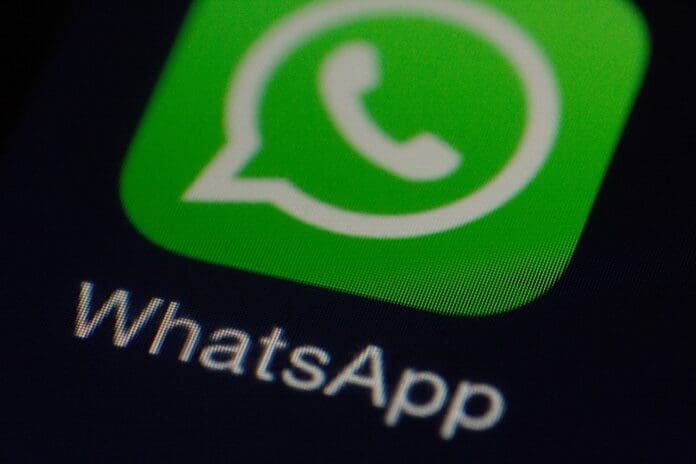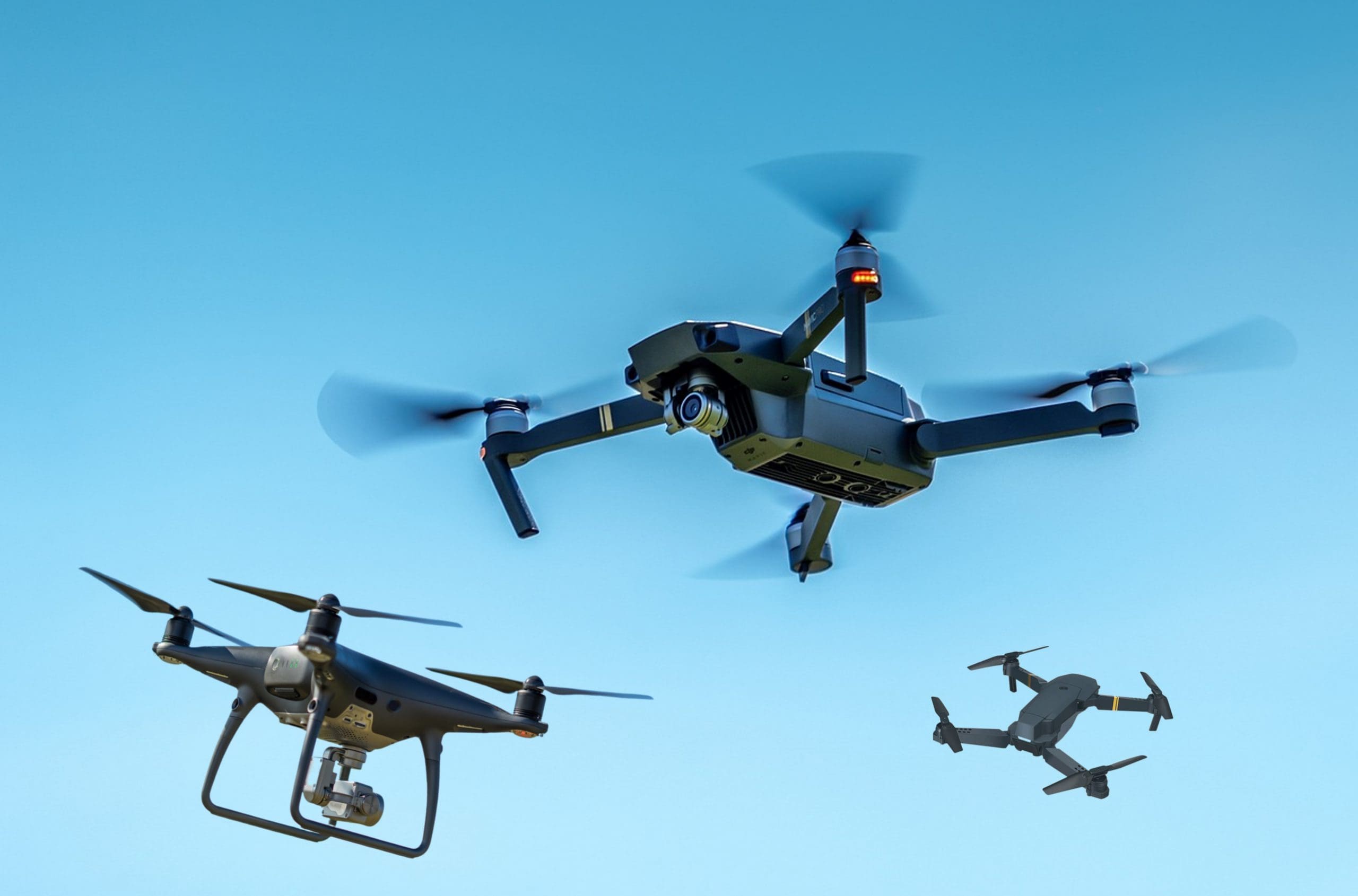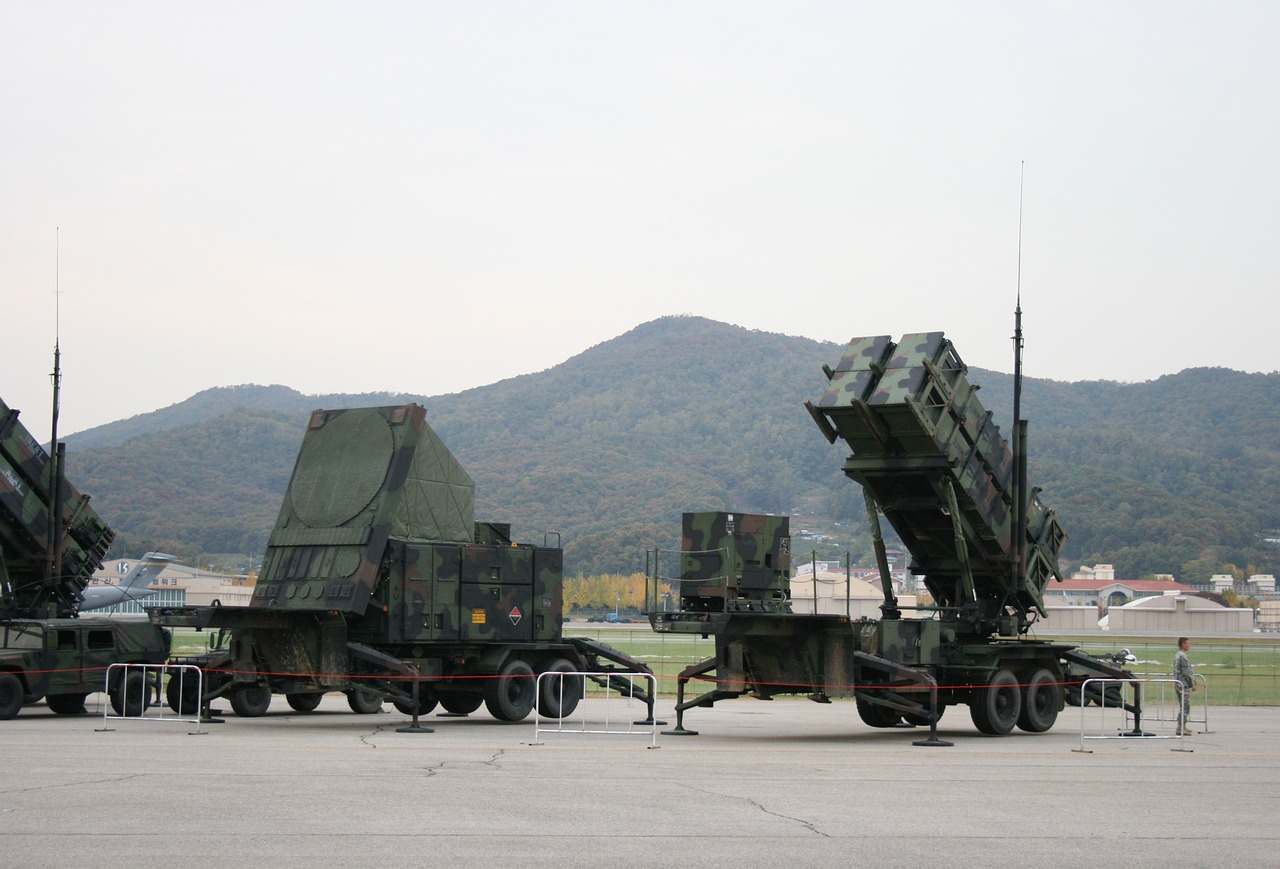This post is also available in:
 עברית (Hebrew)
עברית (Hebrew)
A new investigation reveals that social media platforms are being used to facilitate illegal weapons sales in Yemen, including arms allegedly sourced from U.S. and NATO stockpiles. The findings raise questions about enforcement failures on X (formerly Twitter) and Meta-owned WhatsApp, both of which have longstanding policies against such activity.
According to a report by the Tech Transparency Project (TTP), dozens of accounts operating from Houthi-controlled areas in Yemen are openly listing military equipment on these platforms. TTP identified over 130 active accounts on X and 67 WhatsApp business profiles promoting high-powered firearms, grenade launchers, and light machine guns. Some weapons are marked as U.S. government property, and others appear in original packaging bearing Western or Houthi symbols.
Despite clear rules prohibiting the sale of weapons, many of these accounts have remained online for months or longer. In some cases, the dealers are using premium or business services offered by the platforms—such as X Premium and WhatsApp Business—which are supposed to offer greater oversight.
Several of the posts include promotional-style videos, including “unboxings” of U.S. military weapons. Some accounts even use monetization tools like tipping features and paid ads. In one instance, a weapons post was paired with a sponsored ad for electronics.
The situation is occurring as both platforms reduce investment in content moderation. Since late 2022, X has significantly downsized its safety team, and Meta has cut moderation staff across its services, with more reductions planned in 2025.
The report notes that while X and Meta acted on a small number of accounts following media outreach, most remain active. Analysts warn that lax enforcement is enabling the online visibility—and possible monetization—of arms sales by actors aligned with a U.S.-designated terrorist group.
Weapons displayed in these posts suggest a mix of origins, with items possibly captured during past conflicts or smuggled through regional networks, including via Iran. The use of mainstream platforms to advertise them adds a digital layer to an already complex arms trafficking ecosystem.

























